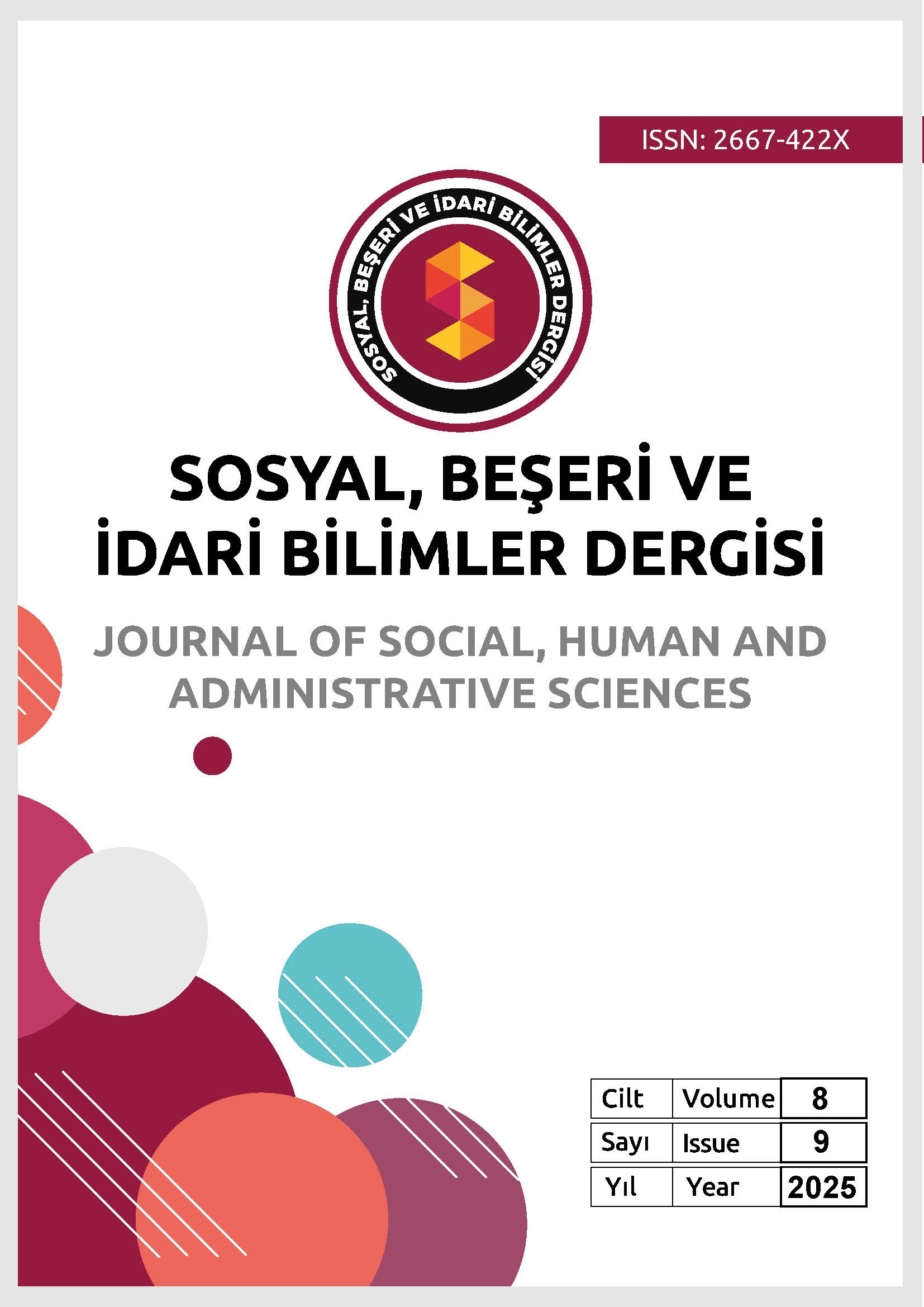Popularization of Religion and Changing Islamic Identity: New Forms of Religiosity in the Framework of Postmodernism
Main Article Content
Abstract
While advances in communication technology have led to profound transformations in social structure, the institution of religion has also been affected by these transformations. These transformations, also referred to in the literature as "new forms of religiosity," appear to have been influenced by the intellectual climate of postmodernism. With the incorporation of popular culture into religious circles in our country since the 1990s, changes have also been observed in religious lifestyles. Social media tools play a significant role in shaping this new form of religiosity in social life. Social media, particularly through the ways conservatives display their daily routines, is among the most important points where religiosity and popular culture converge. While the paradoxical relationship observed between religious identity and modernity today brings with it numerous tensions and contradictions, the increasing visibility of religion in the public sphere demonstrates an attempt to adapt to the new modern order while preserving Islamic values. This study examines the relationship between popular culture and religion and the resulting changes in religious practices within the framework of postmodernism. Discussions in the literature on popular culture and religion are often framed within the framework of the concept of postmodernity, thus the main starting point of this study is the phenomenon of postmodernism and religion.
Article Details

This work is licensed under a Creative Commons Attribution 4.0 International License.

